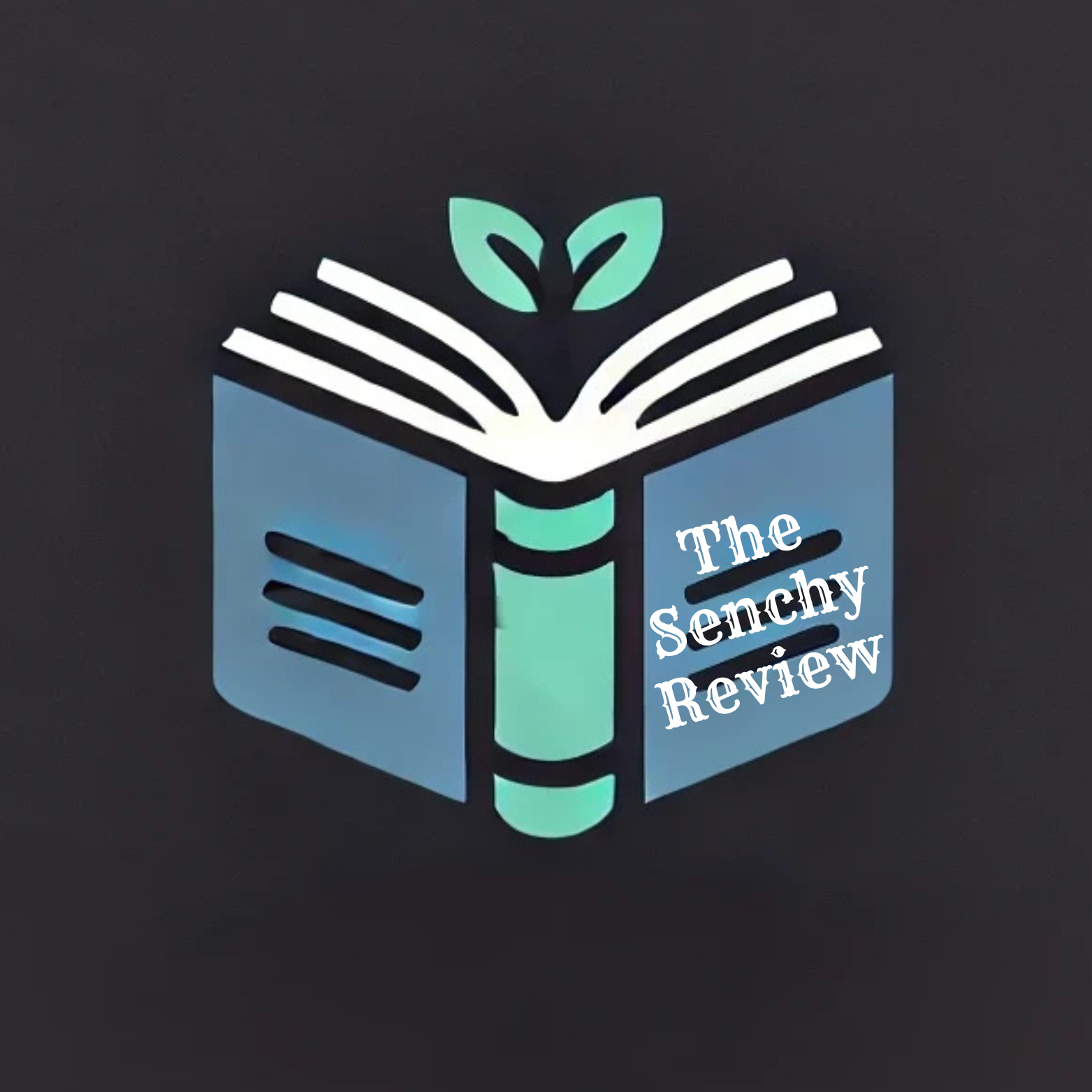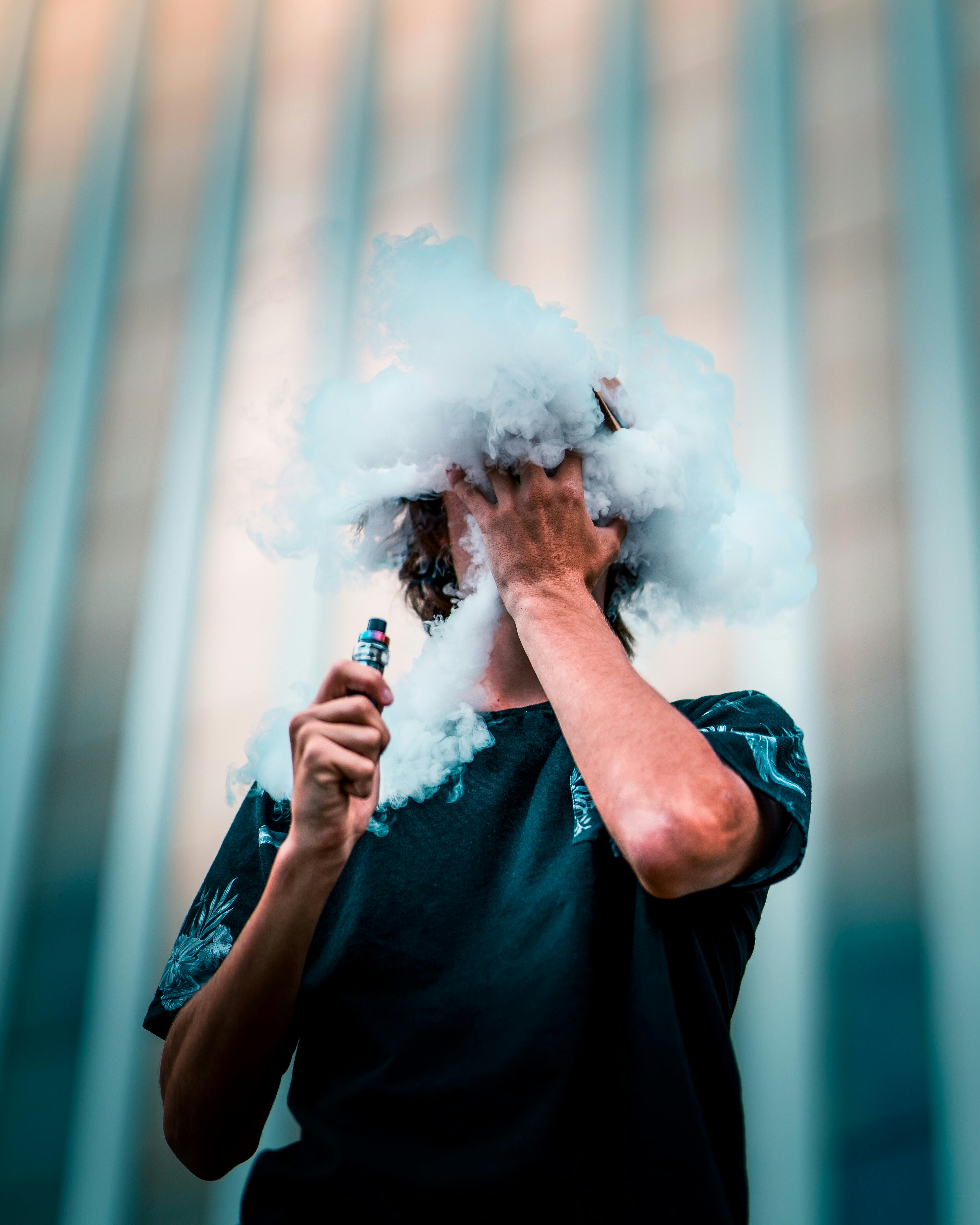When I first arrived in the United States, I was filled with excitement but also a lot of anxiety. I was so absorbed in my own world, yet at the same time, I felt like a stranger to myself. It might sound contradictory, but I think many of us have experienced something similar—a state where we're overly concerned with how others perceive us, whether we're good enough, what we should be doing, all while being disconnected from our deeper feelings. I enjoyed my time, but I was probably lonelier and more anxious than I’d like to admit.
It was a completely new world with unfamiliar experiences. Part of the allure was the novelty and the sense of absolute freedom, which was intoxicating in itself. That mix of freedom and anxiety led me to try vaping. I don’t remember exactly how it began, but soon enough, I was vaping regularly, having what I thought were great times with friends. Gradually, vaping became something I did regularly. And I was not the only one, vaping was and is very common on our campus. Seeing many people do it really emboldened me to continue.
What's more, unlike cigarettes, vaping didn’t have a strong smell, I didn’t need to step outside, and there was no risk of fire. Unlike alcohol, it didn’t knock me out or make me lose control—I felt fine in the moment. My main worry was about my health. I wondered if vaping would harm my lungs or affect my future. But over time, I’ve learned that while physical health is important, it's not the main concern, in my opinion, when it comes to vaping and other drugs.
What started as a ‘harmless’ way of having fun gradually became something I needed in order to have fun. Long conversations with friends, nights out, or even going to work without vaping became challenging. I remember taking hits between classes and during work breaks. The boredom, anxiety, and other worries seemed to be eased only by the vape. This, I believe, is the core issue with vaping and other drugs: they make us unable to enjoy the simple things in life. In fact, it could be argued that they actively prevent it. Why? Because pain is a signal from our body and mind. Even minor pain, like burning your tongue on hot tea, is necessary—without it, we’d probably continue drinking and hurt ourselves even more. Mental pain is similar. If we’re feeling sad, depressed, angry, or even bored, it’s a sign that something needs to change. But by giving ourselves hits of pleasure, we dull that signal and remove the incentive for action.
I could go on about the negatives, but nothing will change if we don’t want to change. So, it starts and ends with asking ourselves whether we want to change. Of course, people are free to live their lives as they choose. In my opinion, all humans are worthy of love and respect because, as Joshua Medcalf said (and I’m paraphrasing), “Our value comes from who we are, not what we do.” Our worth is inherent in our existence. So change if you want to or don’t if you don't want to. I or anyone else is not in a place to judge. In the end we have to take full responsibility for ourselves.
If you do wish to change, I can share some little things that have helped me quit. I am not a doctor but I am a person who has gone through addictions and come out the other side. My experiences quitting will be covered in Vape and Other Drugs: Part 2.

